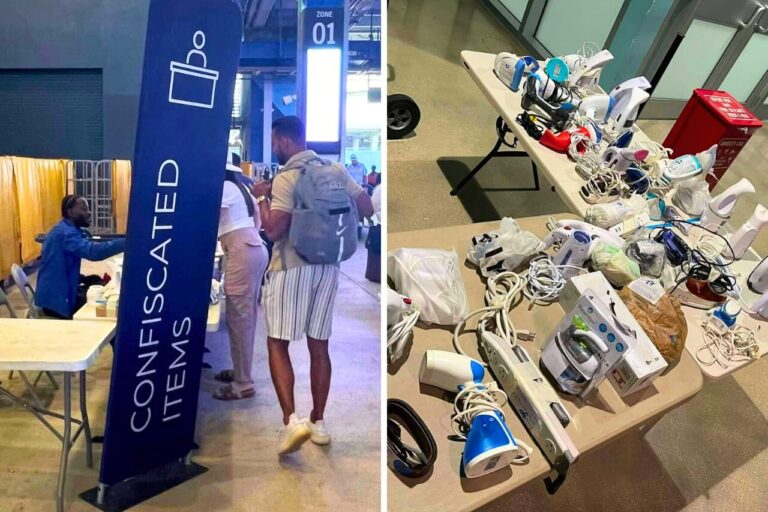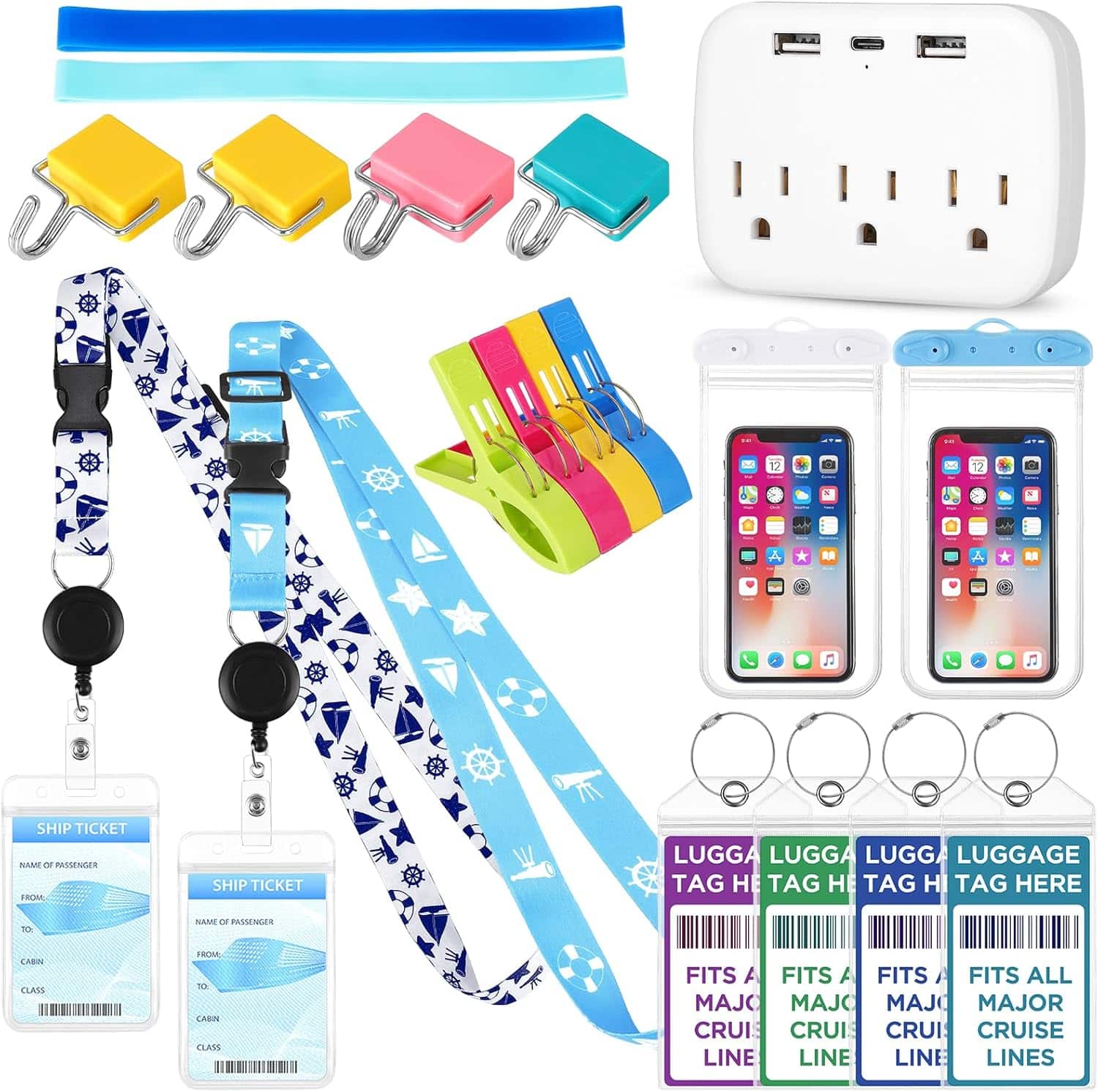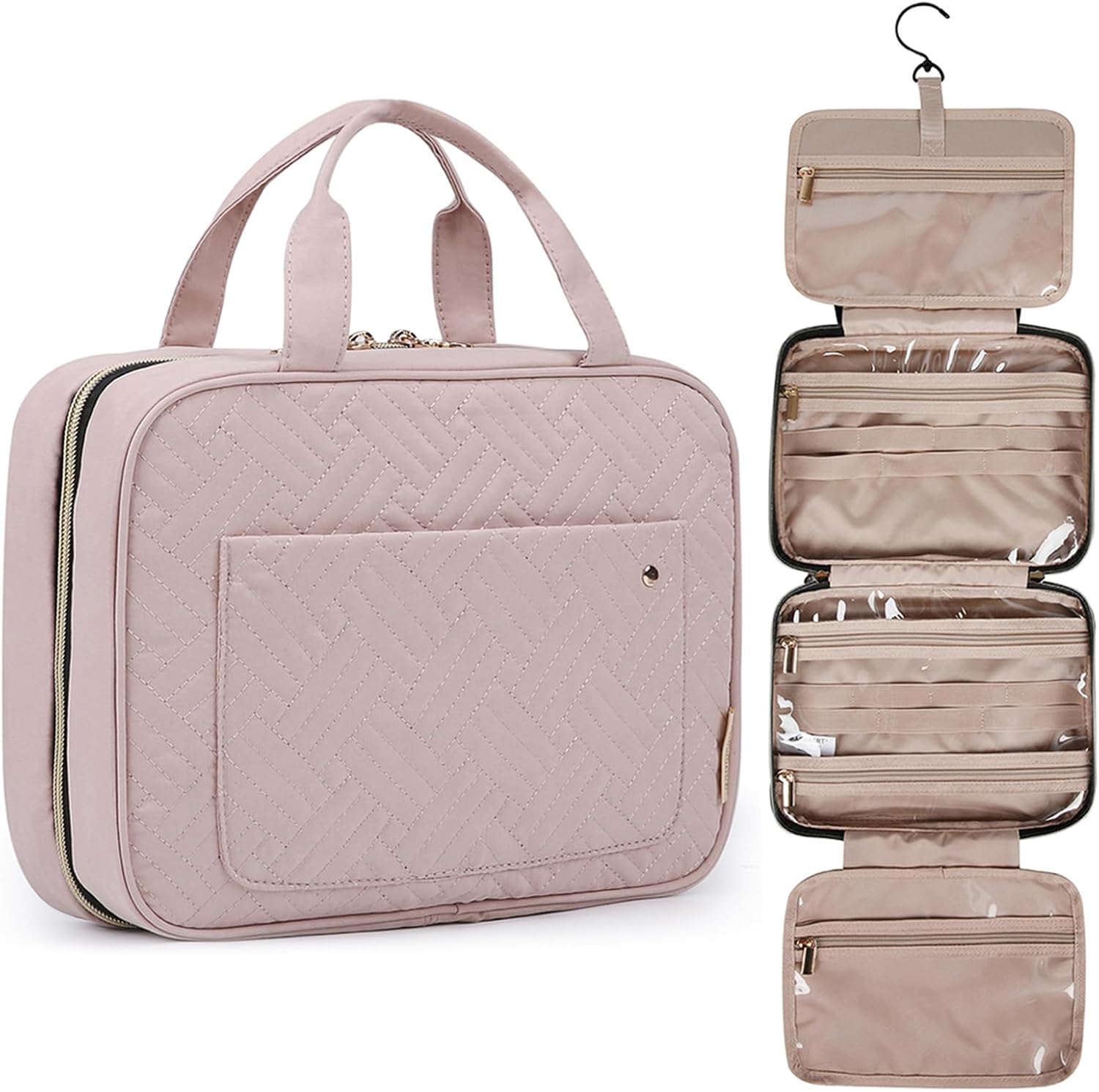The last time I was on a cruise, I passed by a desk that said “confiscated items”.
I had never seen it before, and it was a bit of a surprise to me.
Not because some items were confiscated, which is a normal thing, but because there was a frightening amount of items of all kinds.
So I wondered if a lot of people are not aware of the rules and don’t know what things you can’t take on a cruise.
After I saw this scene, I thought I could write a list of the items that will definitely be confiscated from you if you bring them to embarkation.
I hope these tips will help you avoid unpleasant situations on the very first day of your trip.
Why are some items confiscated?
The reasons for confiscation are quite varied but usually have to do with security issues.
From the main cruise line policies, 3 main reasons can be identified:
- Prevention of possible violent incidents: therefore, no sharp, blunt, or other objects that can also be used as weapons are allowed on board.
This also applies to replicas and toys. - Fire prevention: this is one of the biggest risks on a cruise ship, so companies are very careful not to allow on-board items that could cause short circuits, flames, or smoke.
- Food safety: as a matter of hygiene and prevention, certain foods that could present a risk of contamination are not allowed on the ship.
What happens when an item is confiscated?
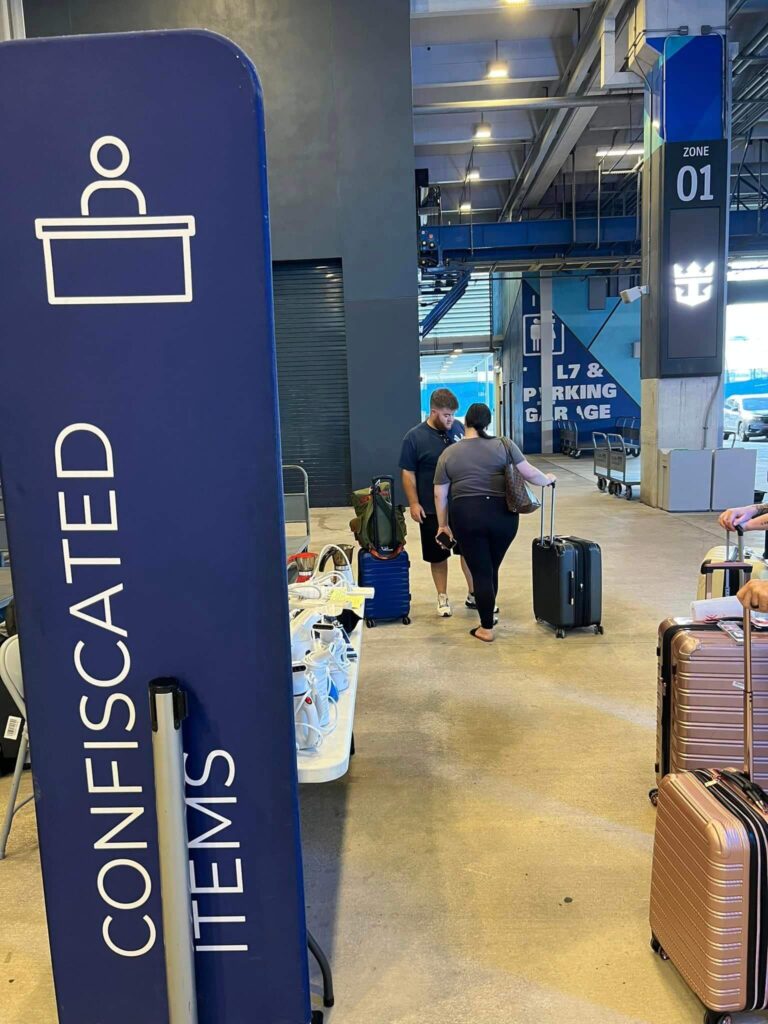
During security checks, security personnel may find an unpermitted item.
In this case, you will be informed of the incident and the staff will explain what will happen next.
Usually, the item will be confiscated, tagged, and will be kept by the cruise line. You can then get it back at the end of your vacation.
For obvious reasons, this does not happen with food or perishable material, in which case the item will be destroyed.
Be careful though, if you are found in possession of firearms or illegal items, the company may also deny you boarding, as this is among the 7 reasons that can get you banned from a cruise.
Items that will be taken away from you
1. Firearms and Ammunition
The items that are definitely confiscated are firearms and ammunition.
They are strictly prohibited for safety reasons and cruise lines have a zero-tolerance towards them.
In addition, as I said before, also replicas and toys are not allowed on board.
To check this, during embarkation, there will be luggage scans and metal detectors, which will be repeated after every port visit.
Be very aware because, even if carrying a firearm is legal in your state, bringing one into a port with strict regulations can result in severe legal consequences, including hefty fines or imprisonment.
Just a few months ago, an American passenger was arrested in Grand Turk after ammunition was found in his luggage. The man claimed that he was unaware that the items were in his bags.
2. Sharp Objects
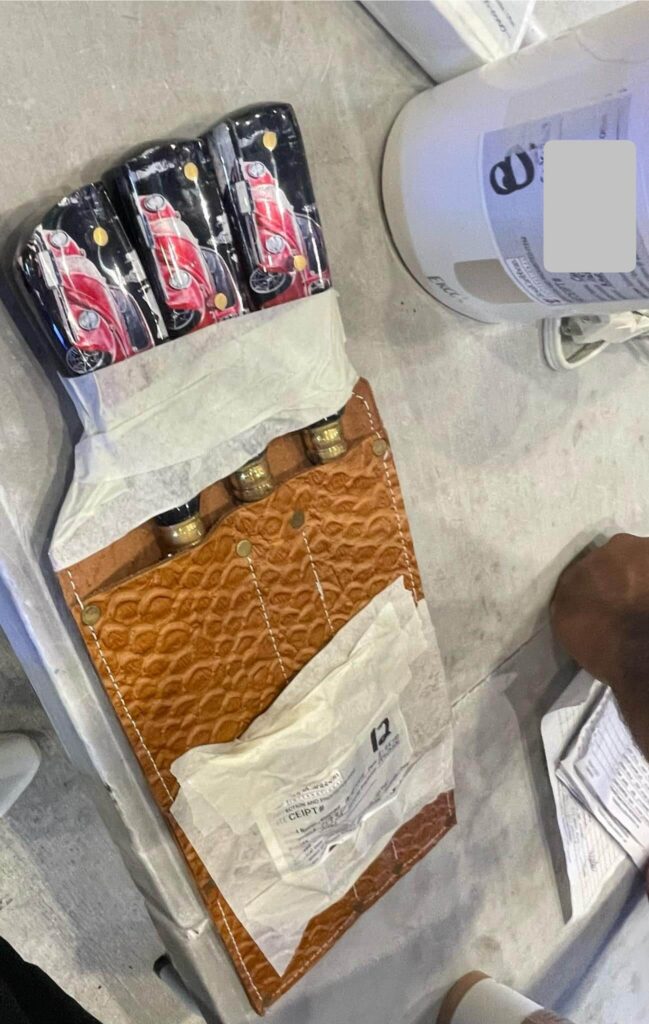
The second type of object that will definitely be confiscated are knives with blades longer than four inches and large scissors.
The restriction on sharp objects helps to reduce the risk of injuries and potentially violent incidents onboard.
However, personal grooming items like safety razors and small scissors are generally allowed.
3. Illegal Drugs
Illegal drugs and CBD products will be 100% confiscated. Cruise ships have very strict regulations on them to ensure passenger safety and compliance with international laws.
The cruise lines are aware that they are legal in some states but, since cruise ships can visit many different ports, they want to avoid any legal complications when docking in ports with strict drug laws.
For example, possessing marijuana in some Caribbean countries can lead to severe penalties, and cruise lines don’t want any legal troubles.
4. Electrical Appliances with Heating Elements
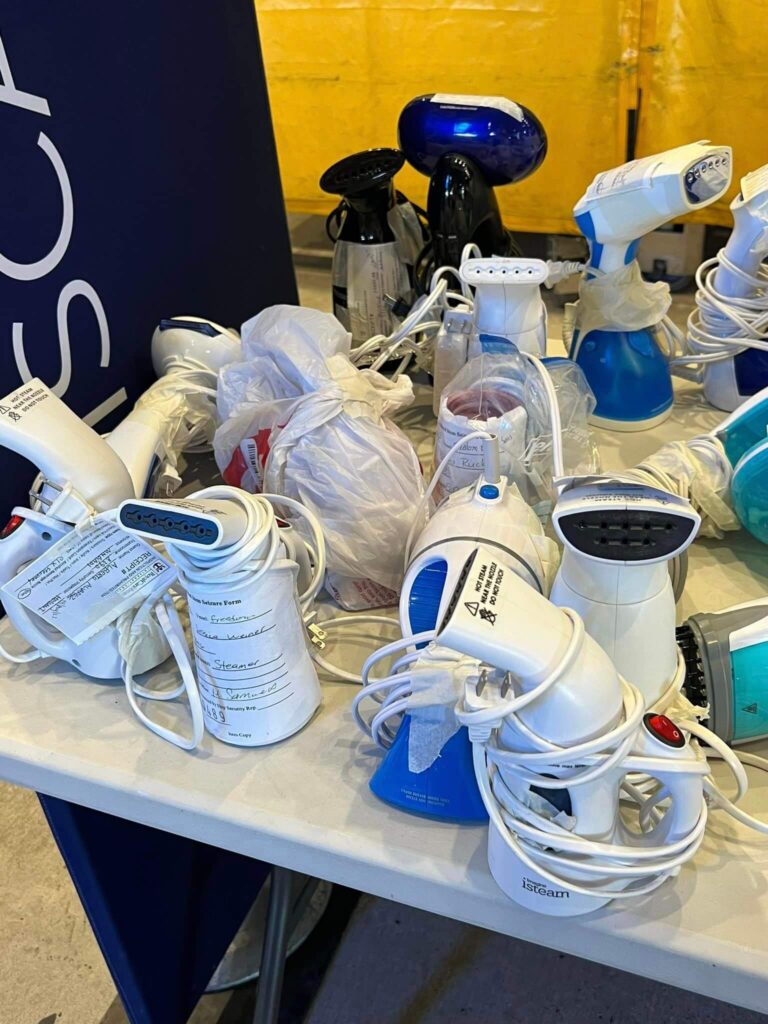
Most of the electrical appliances that generate heat are prohibited on cruise ships due to the fire hazards they pose.
In particular, you can’t bring coffee makers, clothing irons, travel steamers, and hot plates.
On the contrary, hair dryers, curling irons, and hair straighteners are generally allowed on most cruise lines.
This policy helps ensure that the onboard environment remains safe from potential fire hazards, allowing passengers to enjoy their vacation without undue risk.
5. Hoverboards and Electric Scooters
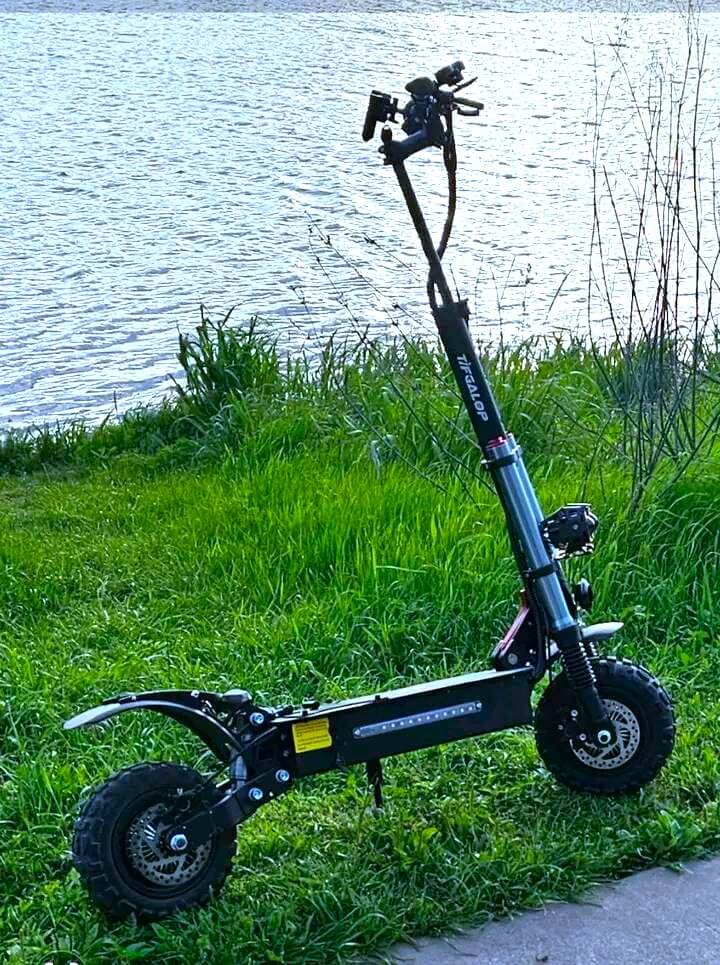
Hoverboards and electric scooters are prohibited on cruise ships due to the significant safety risks, in particular, related to their lithium-ion batteries.
These batteries, while efficient and powerful, have been known to overheat and even catch fire under certain conditions.
This risk is worsened by the confined spaces on a cruise ship, where a fire could spread rapidly and be difficult to control.
In addition, they are not allowed to be used on board, and to prevent passengers from disregarding this prohibition, companies prefer to ban them completely.
6. Martial Arts and Self-Defense Items
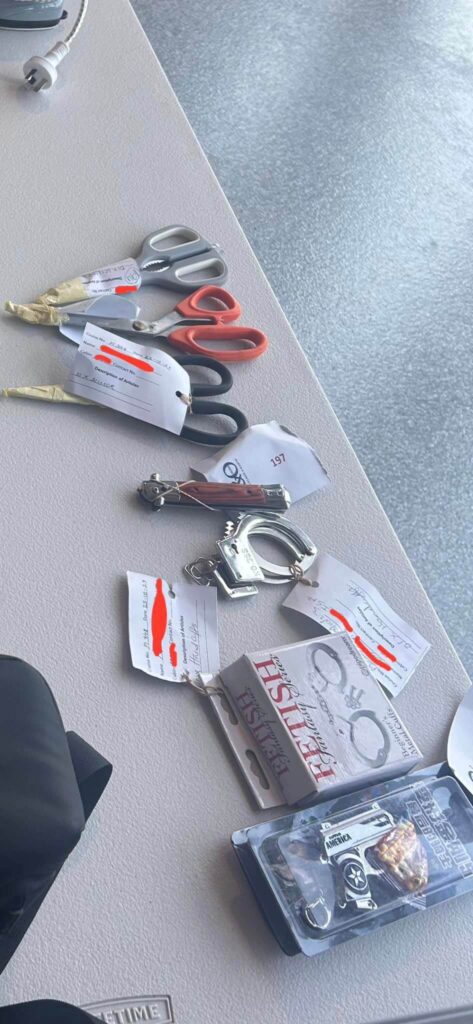
All items that are generally used for martial arts or self-defense are confiscated during boarding.
These include pepper spray, batons, brass knuckles, and nunchucks.
As you can guess, these items can be easily misused or could escalate conflicts, leading to potential harm. Cruise lines always try to prevent any possible violent incidents.
One interesting thing to note is that handcuffs are prohibited as well, even if you just wanna use them to “play” with your partner.
7. Flammable Liquids and Explosives
Flammable liquids and explosives, such as lighter fluid, fireworks, and other hazardous materials, are strictly banned on cruise ships.
Again, the primary concern is the potential for these substances to cause fires or explosions, which can be very bad for cruise ships.
Maritime safety regulations and international laws also play a significant role in this prohibition. Even small quantities of these materials could lead to severe legal repercussions for both the passenger and the cruise line.
8. Alcohol
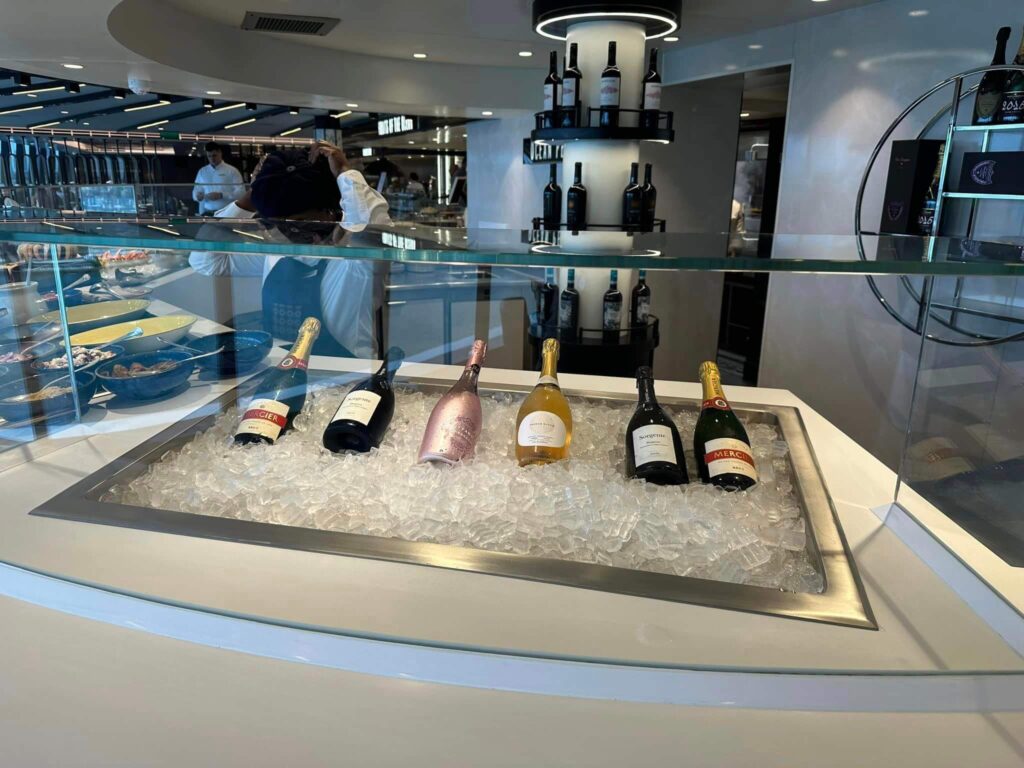
The only flammable liquid allowed on board is alcohol but with great limitations.
First of all, no hard liquor is allowed during embarkation, you can only bring wine or champagne.
The number of bottles you can bring changes according to the alcohol policies of the different cruise lines.
In general, one or two bottles is the maximum allowed per person, but again remember to check the policy for your specific ship.
9. Extension Cords and Power Strips
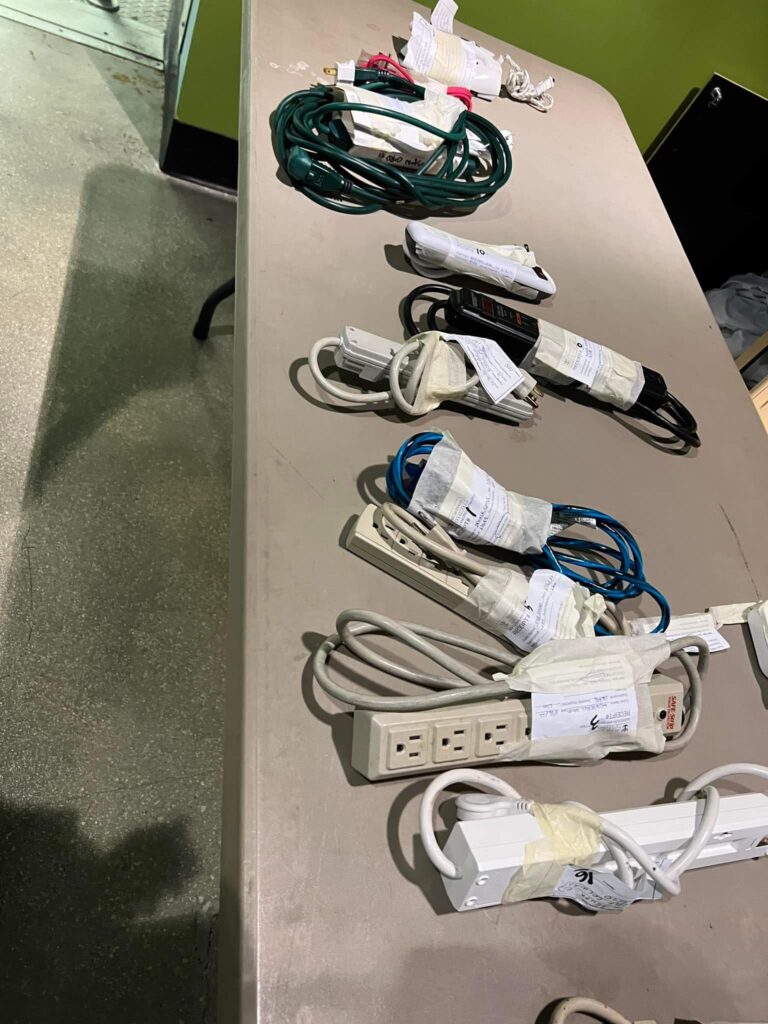
For extension cords and power strips, there’s a bit of a gray zone, and there seems to be no clear policy.
In general, they should be confiscated if the extension cords have a long cable or if the power strip is surge-protected.
I’m not an expert on this topic, but as far as I know, they can interfere with the ship’s electrical system.
If you really want to take one on board, I’ve seen in some store “cruise-approved” power strips.
Just remember to bring it with its original box and explain to the inspector that it should be allowed on board.
Also, remember to check the 10 things you can bring on a plane but not a cruise ship.
10. Perishable Food and Meat Products
The last things that are confiscated are perishable food and meat products.
This happens because cruise ships have very strict food safety protocols to protect passengers from potential health risks.
We’ve already talked about them in the article where we saw the dirtiest cruise ships in the world.
Food that is prepared outside can bypass these safety checks and introduce bacteria or pathogens.
Therefore, passengers are advised to enjoy the wide variety of food available onboard, since as soon as you are on the ship the buffet will be ready and waiting for you.
I just want to remind you that on embarkation day, the buffet may be more crowded than usual, which is why I do what I explained in the travel hacks only cruise pros know.
includes non-surge power strip, lanyards, luggage tags, magnetic hooks and more!

